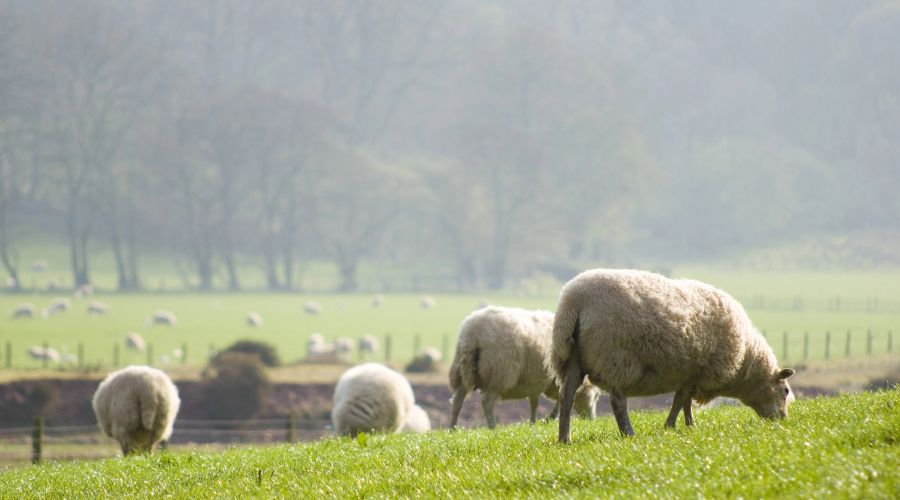Defra grants emergency use of three BTV-3 vaccines
5th September 2024
Rising cases of BTV-3 in Norfolk and Suffolk have prompted Defra to grant emergency use of three vaccines in England.

Three unauthorised vaccines, Syvazul BTV3, Bultavo-3 and Bluevac-3, have been permitted for use in England, subject to licence.
Available licences will either be general licences for high risk counties or specific licences which keepers can apply for from the APHA.
Farmers will be able to administer the vaccine, as long as medical records are kept and available for inspection. A vet will need to prescribe and supply the vaccine.
Unlike vaccines for other BTV strains, the currently available vaccines for BTV-3 do not prevent animals from becoming infected or infectious.
Evidence however suggests that they may reduce clinical signs and mortality.
As a result, movement controls and trade restrictions currently in place will still apply to vaccinated animals, Defra confirmed.
It’s not yet known exactly when the vaccine will be available in the field.
Farmers are advised to look at the product characteristics of the vaccines to check they are suitable for their farm, and speak to their private vet if interested in using the vaccine.
Biosecurity minister Baroness Hayman commented: “The permitting of these vaccines forms one part of our efforts against this highly infectious disease.
“We are working at pace in order to provide farmers with everything they need to protect their livestock and businesses.”
Chief UK veterinary officer Christine Middlemiss added: “These vaccines are an important step forward and will aid in reducing clinical signs in animals and the impact of disease on farms, but it is not a protective vaccine, so we are still urging farmers to follow all of our guidance in order to prevent the disease spreading to their herds and any further.
“I urge farmers to contact their veterinarians if they wish to use the vaccines and to continue monitoring their animals frequently for clinical signs and report suspicion of disease immediately to the Animal Plant Health Agency.”
READ MORE: Bluetongue case confirmed in Norfolk
READ MORE: Three more cases of bluetongue discovered in Norfolk and Suffolk
Current situation
BTV-3 has now been confirmed at 15 premises since the first case in late August.
Defra recently announced a restricted zone placing movement controls on Norfolk, Suffolk and Essex.
Essential moves of susceptible animals (cattle, sheep, goats, deer and other ruminants and camelids including llamas and alpacas) can take place without a licence within the restricted zone but they cannot be moved out of the zone without a specific licence.
A general licence to move animals to designated abattoirs is also available.
How to report BTV
BTV is a notifiable disease. Suspicion of BTV in animals must be reported to:
- England: APHA, 03000 200 301
- Wales: APHA, 03003 038 268
- Scotland: Contact your local Field Services Office
- Northern Ireland: Report to the DAERA helpline on 0300 200 7840 or by contacting the local DAERA Direct Veterinary Office.
Read more livestock news.


